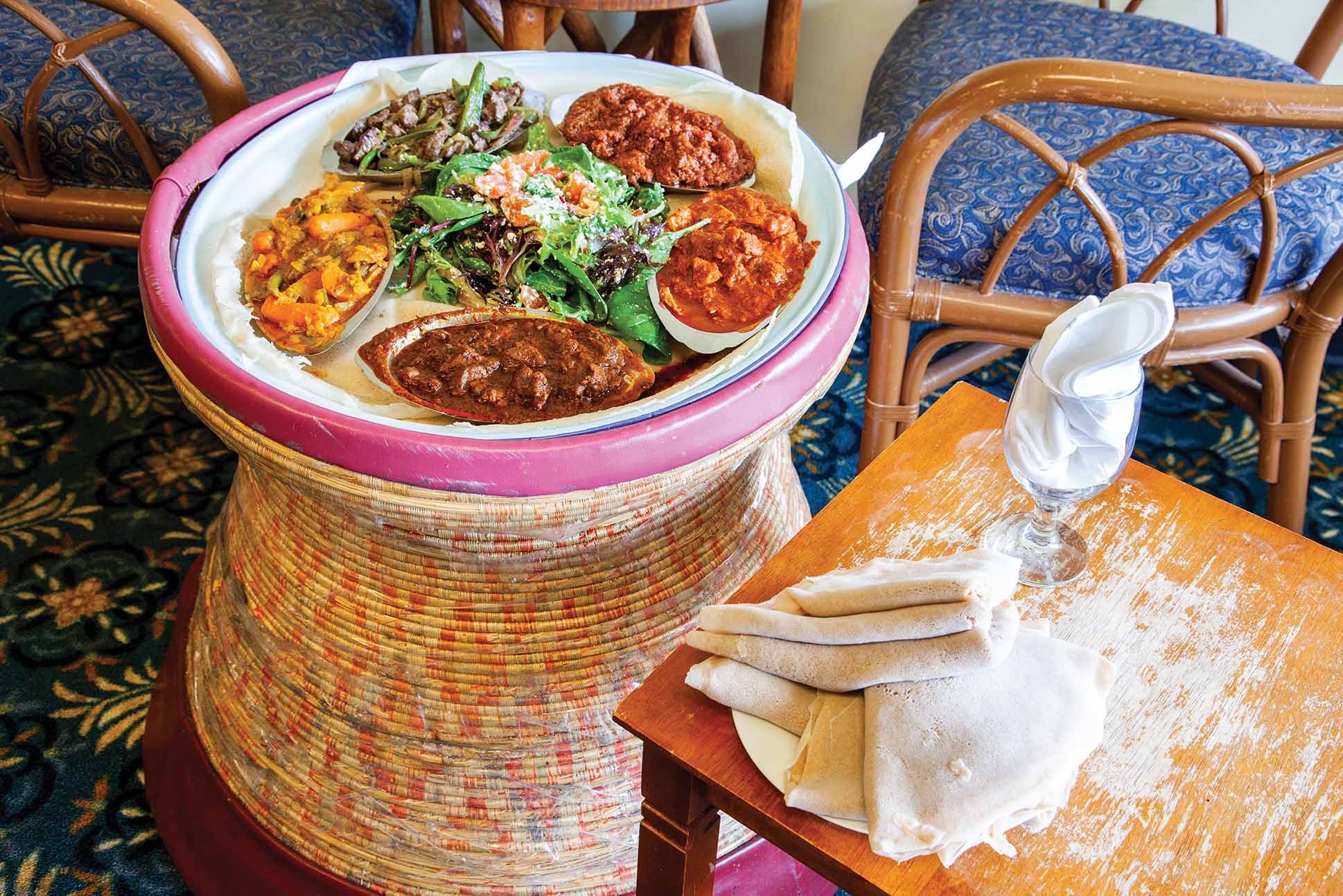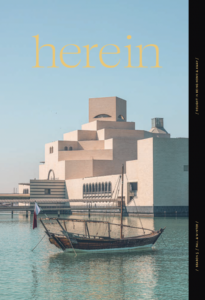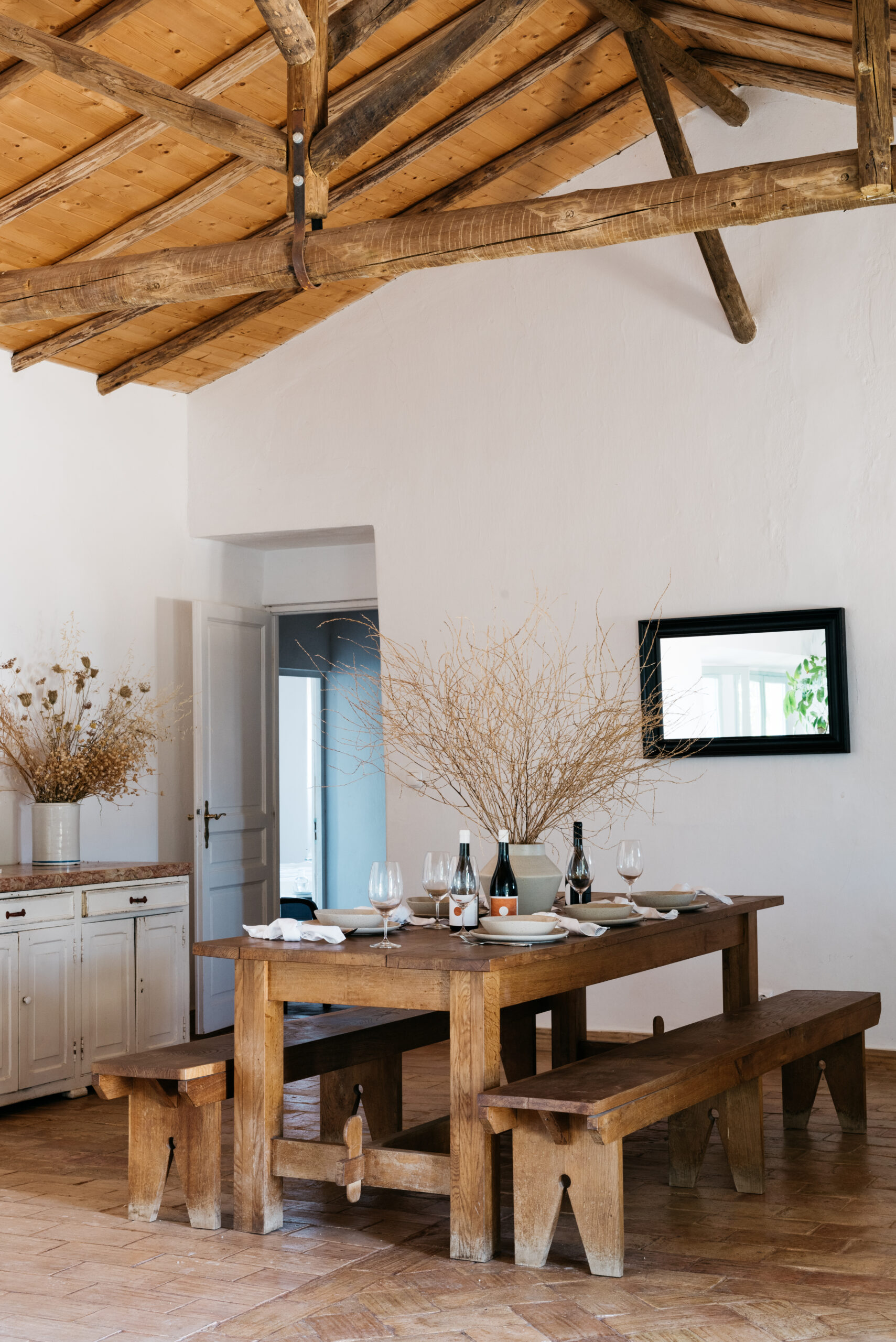Text by C. Hunter Zuli
Images by PJ Couture
By the time chef Letensae Afeworki was 12 years old, she had mastered the art of communal cooking. Before becoming an executive chef and restaurant owner in the United States, she was a girl growing up in Asmara, the capital of Eritrea, a northeast African country colonized by Italy from 1882 to 1941. Much of Afeworki’s childhood was spent refining her palate and learning how to cook Eritrean and Italian dishes from her mother, who trusted her pre-adolescent daughter’s culinary talent enough to step aside and allow her to independently prepare, cook, and serve community meals.
When Afeworki emigrated to Cambridge, Massachusetts in 1981, 10 years before Eritrea gained its independence from Ethiopia, news of her arrival quickly spread among the small, eager, and hungry Habesha community living in the Boston metropolitan area. She spent years feeding folks from her home and earned a reputation as a top East African cook before opening the doors of Asmara Restaurant in 1986. Asmara was the first African restaurant in Central Square, and it garnered lines down Massachusetts Avenue for the cuisine which Afeworki cooked, and still cooks, without a single recipe, spoon, or measuring cup.
Thirty-three years later, Asmara Restaurant has become the chef’s Cambridge community dining room, with customers from all backgrounds treated as if they are her kin. “This is my home. This is my kitchen,” she told me. “And it makes me happy when my customers feel as if they’re my best friend.” Some regulars have been frequenting Asmara Restaurant since she opened the place, she said. Her customers come for daily meals and special occasions—first dates, marriage engagements, weddings, new children, graduations, and college orientations. They call her “Lete,” and she calls them her children.
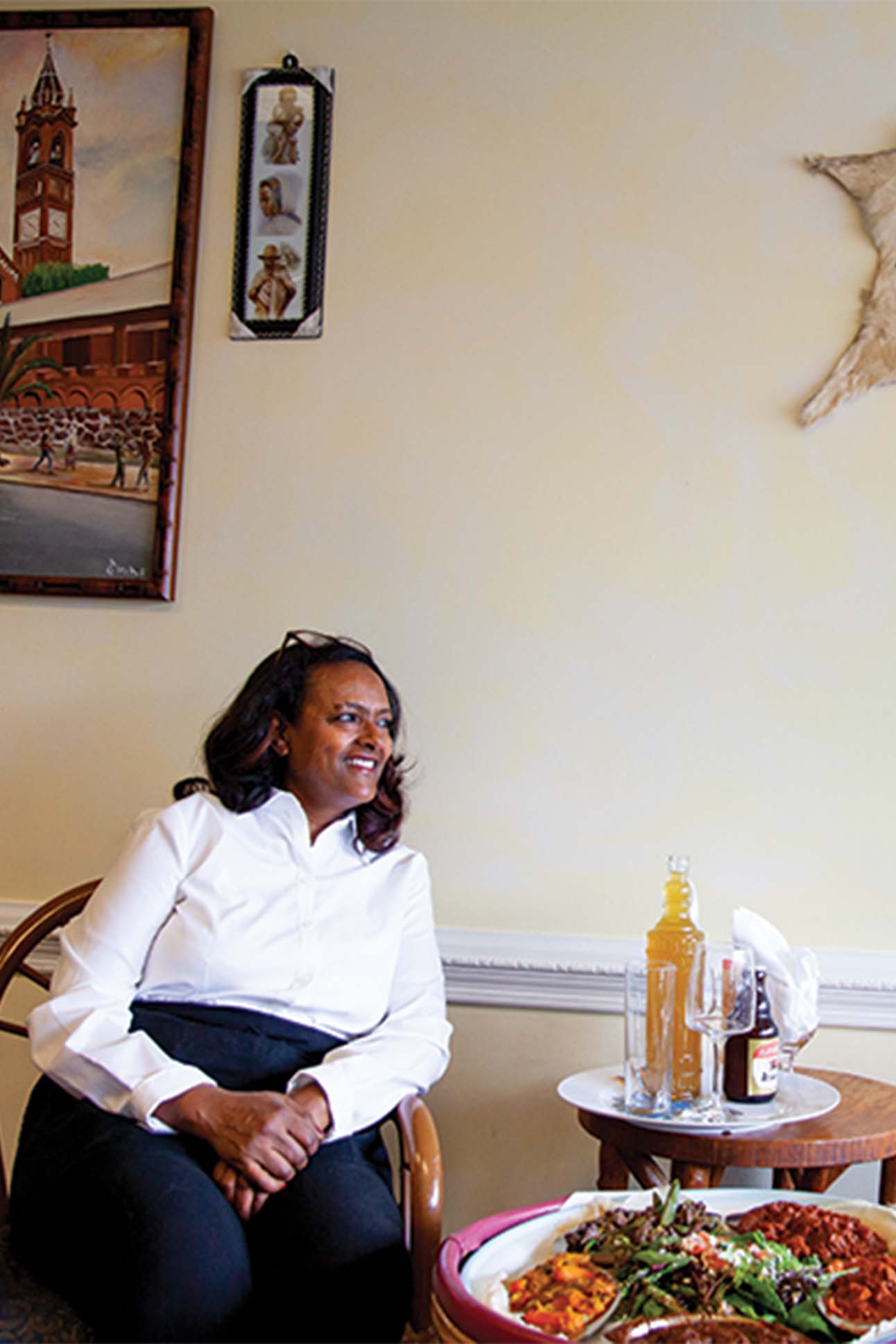
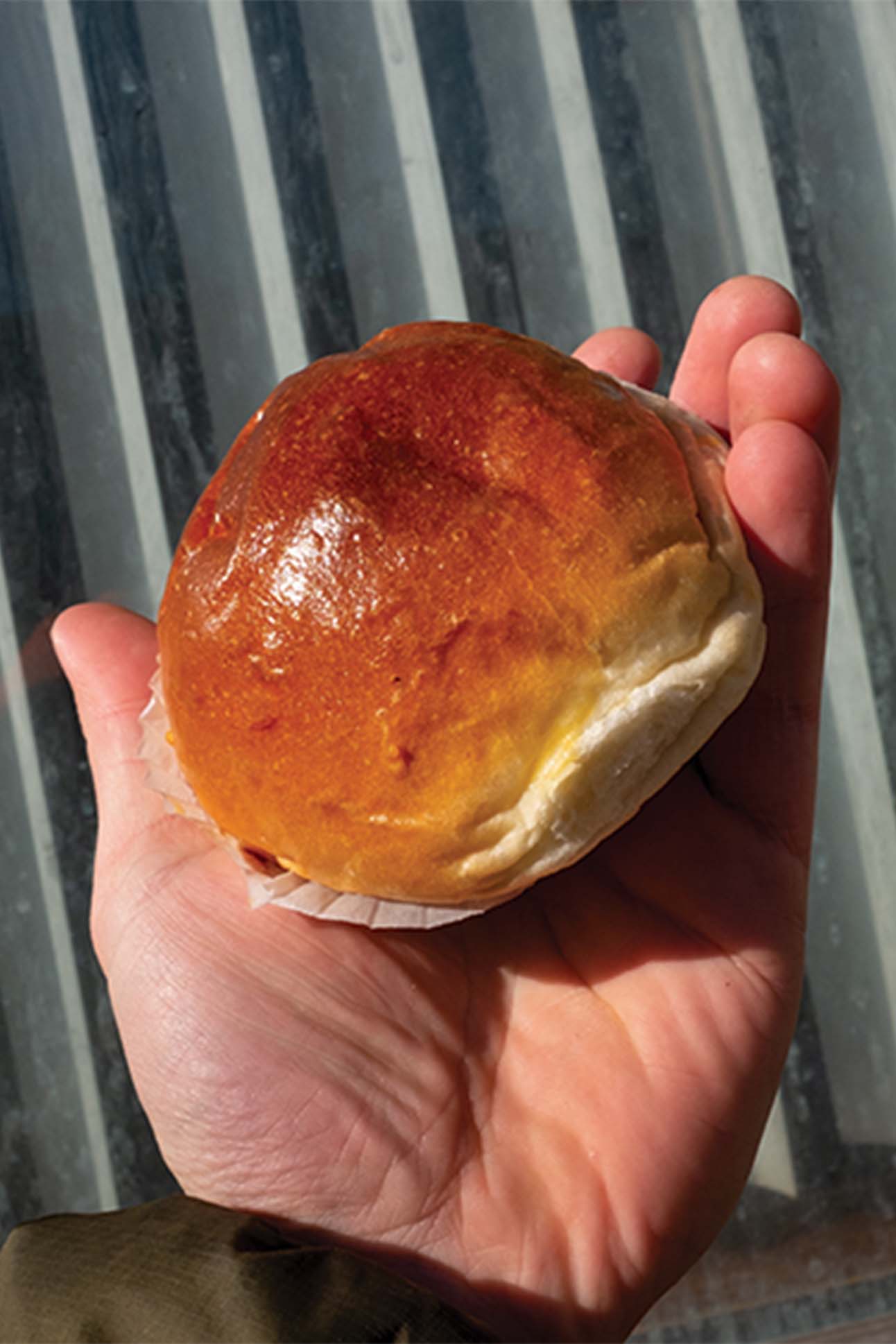
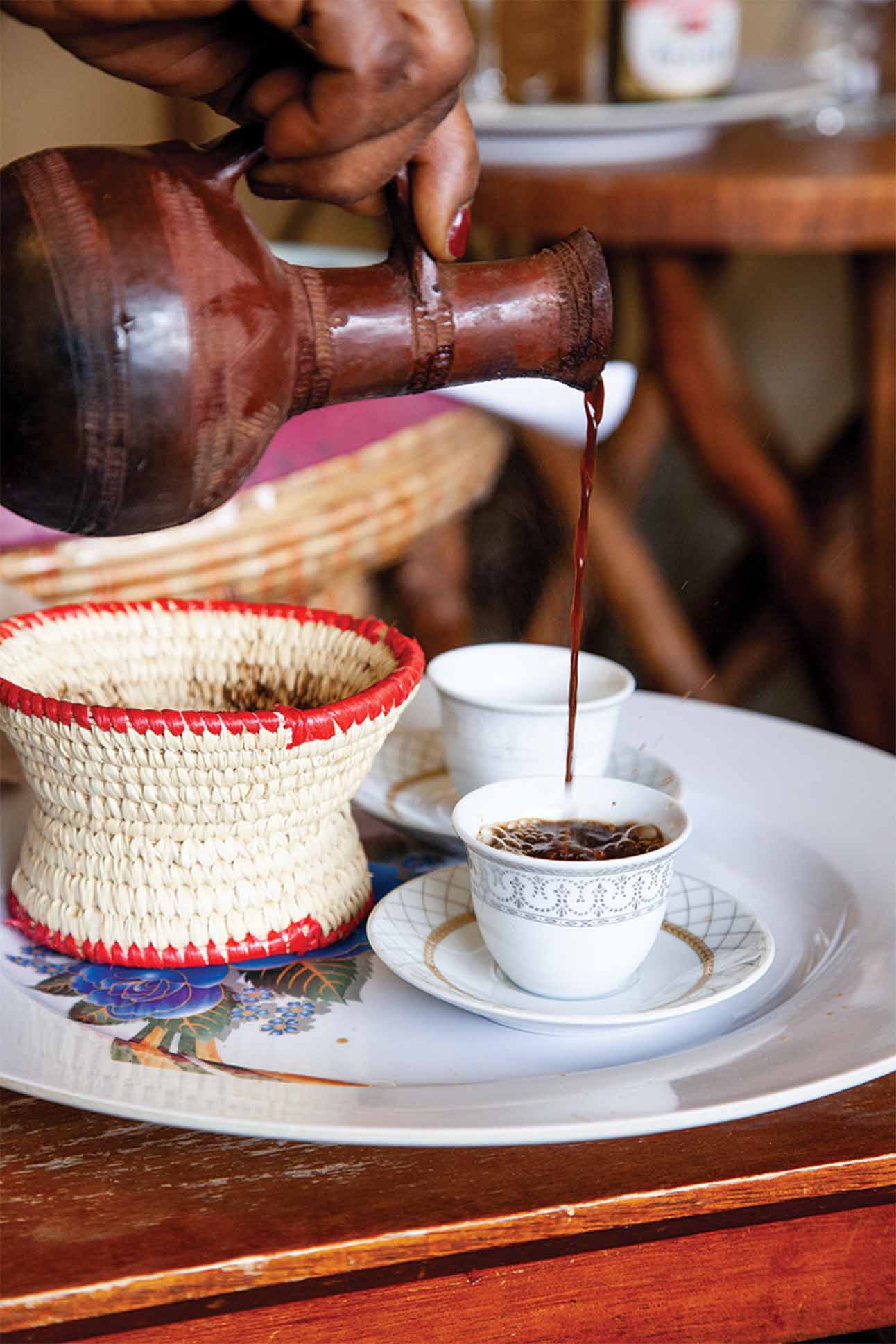
Ristorante Lucia, ELDO Cake House, and Asmara restaurant in Boston share distant homes and build new communities.
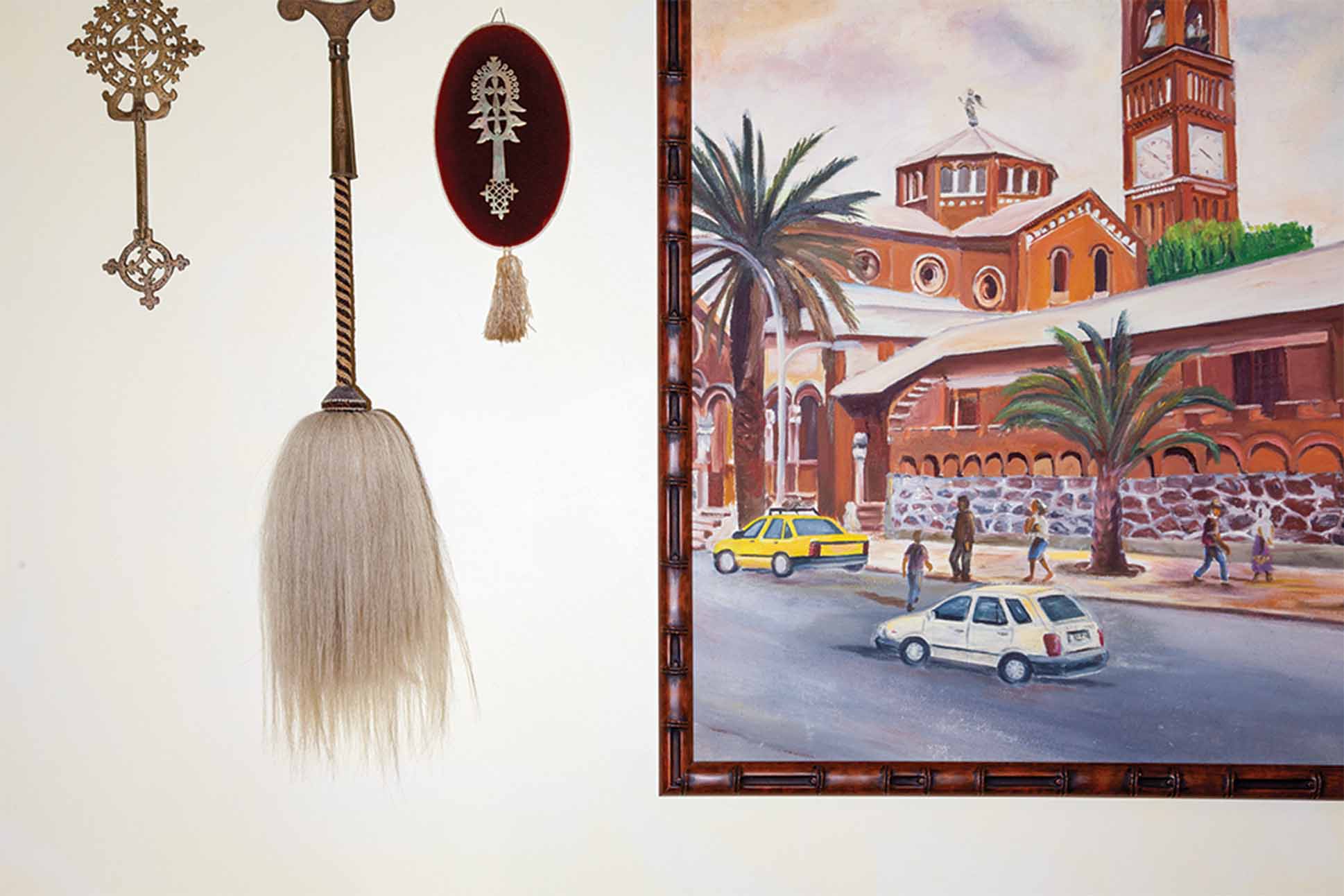
In 1993, when I was 7 years old, my father, a Congolese immigrant, brought me to eat at Asmara Restaurant for the first time. He chose to sit at one of the traditional dining areas available: a small end table for drinks accompanied by chairs surrounding a mosob (Eritrean dining basket). When our food came out, it was served on a large family-style platter that was placed in the mosob, with heaps of begeeh mloukhiya (lamb curried with red pepper sauce), fluy tibsy (tenderloin tips), shuro (stewed chickpeas), bersen (lentils curried in pepper sauce), hamli (collard greens), and their juices soaking the injera (teff-flour based sour bread) underneath it all. There were no utensils, and we were guided to scoop up our food with our hands using the injera, something that thrilled me as a second grader.
To this day, the menu includes two paragraphs about the restaurant’s history and Eritrea’s cultural relationship to Italy, something many customers didn’t know about when the 1986 menu debuted with both Eritrean and Italian dishes. Back then, when customers scoffed at the “authenticity” of the dishes like lasagna and spaghetti, Afeworki responded as she would to any friend: She gave free samples and shared Eritrea’s unknown history with customers.
Boston has a history of welcoming transplants. East Boston’s now-closed immigration station was built in 1920 and became the largest port of entry in the United States, second only to Ellis Island. Since the city’s influx of immigrants began in the 1800s, folks of Irish, Italian, West Indian/Caribbean, and Chinese descent have become the largest four ethnic groups in Boston, with immigrants from Cape Verde and other African countries following suit. With language and accents often barriers for newly arrived immigrants, the menus and physical environments of their businesses offer opportunities to speak through their food about the nuances of their home countries and cultures.
Filippo Frattaroli arrived in East Boston from Sulmona, Italy in 1970 as a teenager with a fierce commitment to share the tastes and experiences of his Italian Abruzzo culture. After working odd restaurant jobs, he used a combination of savings and inherited money to open Ristorante Lucia in 1977, named for his mother, whose recipes are scattered across the menu. Abruzzo specialties like carrozza (breaded, pan-fried mozzarella stuffed with prosciutto and served with marinara) are listed alongside more familiar antipasti such as calamari, bruschette, and scampi. Regional dishes include scaloppine Abruzzese, which is veal and chicken sauteed with butter, white wine, broccoli, and cheese tossed with penne rigate and chitarra al tartufo, which includes wild mushrooms and sausage served with fresh white truffle oil straight from a Frattaroli-owned truffle farm in his hometown of Sulmona, Italy, which he purchased in 2019.
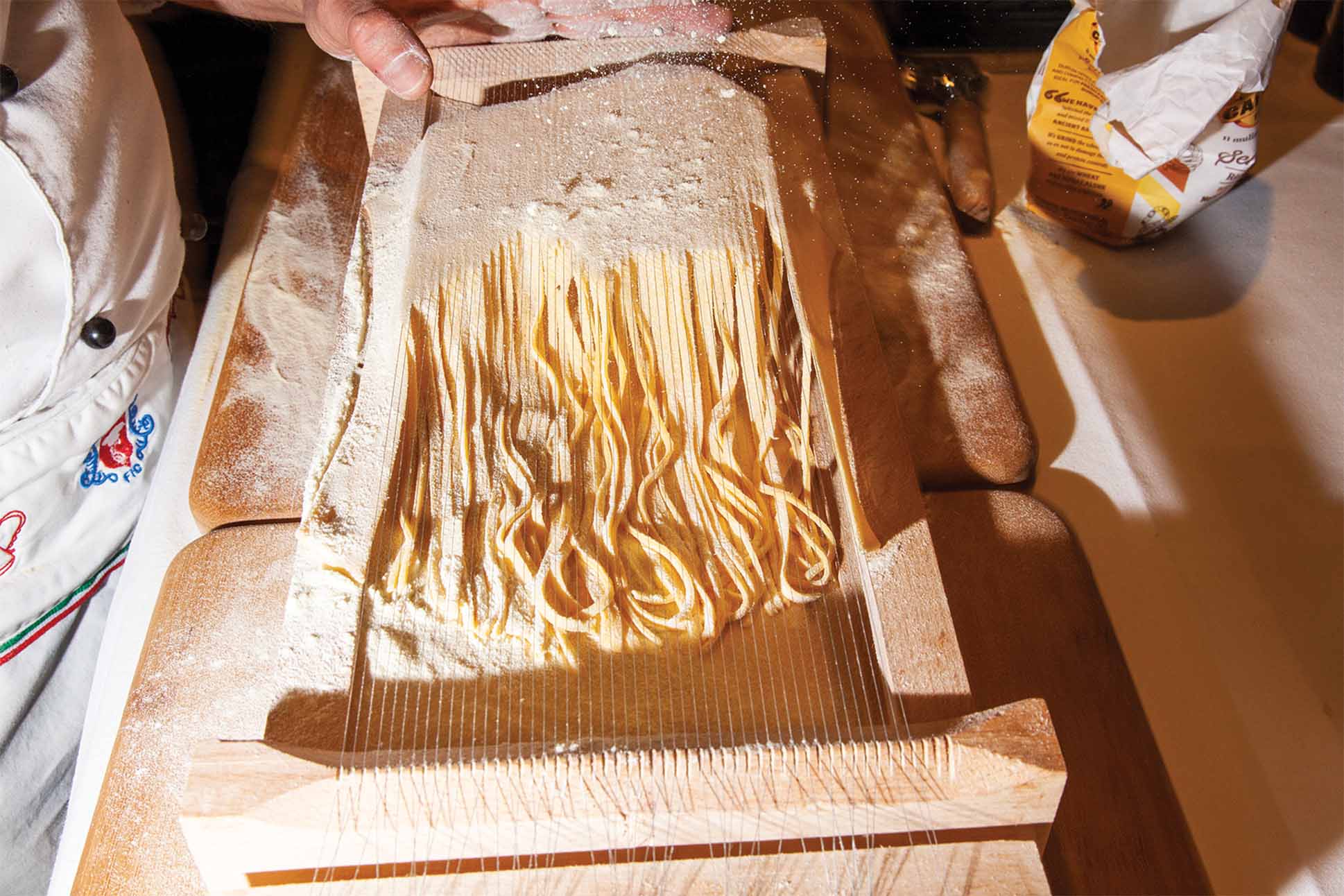
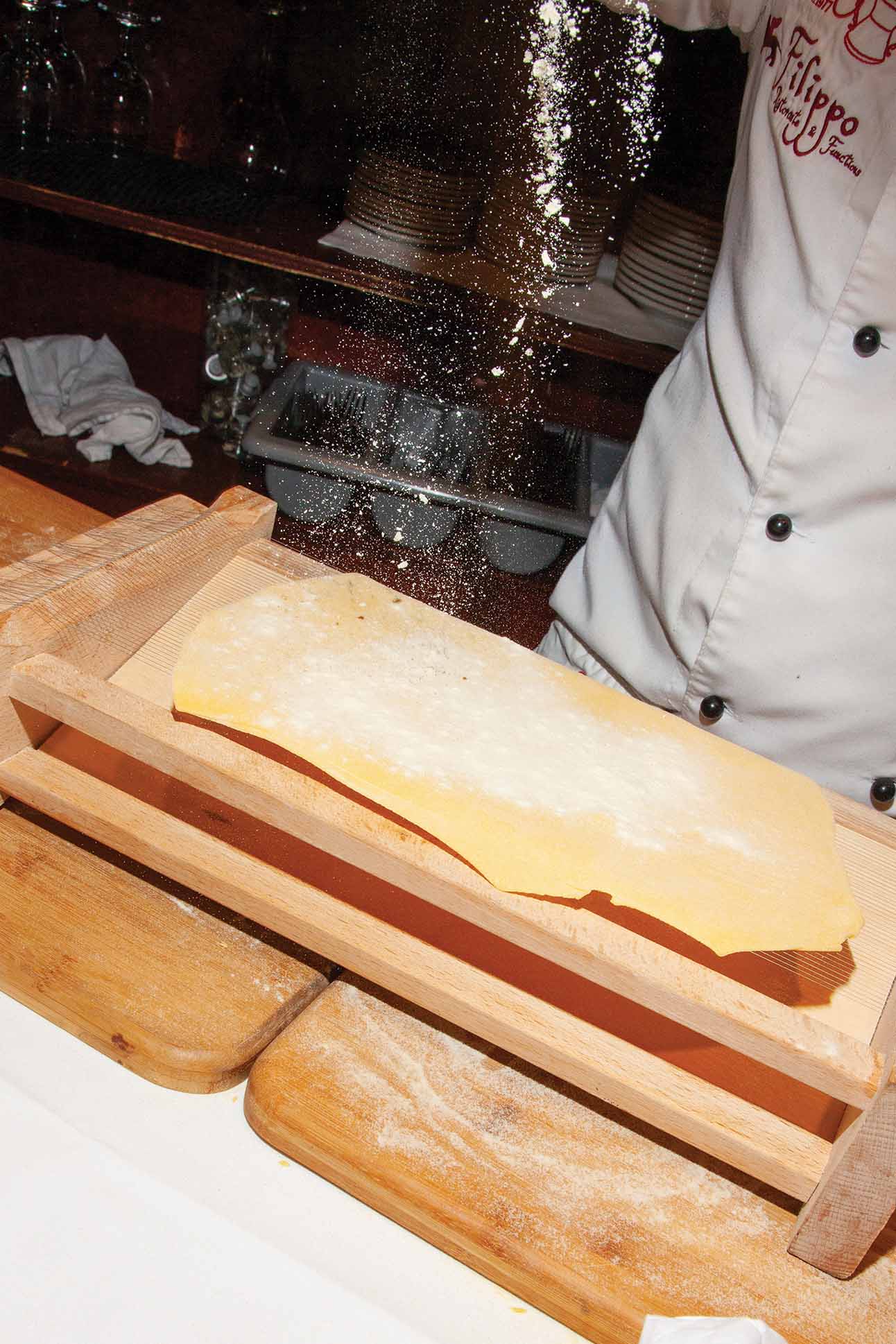

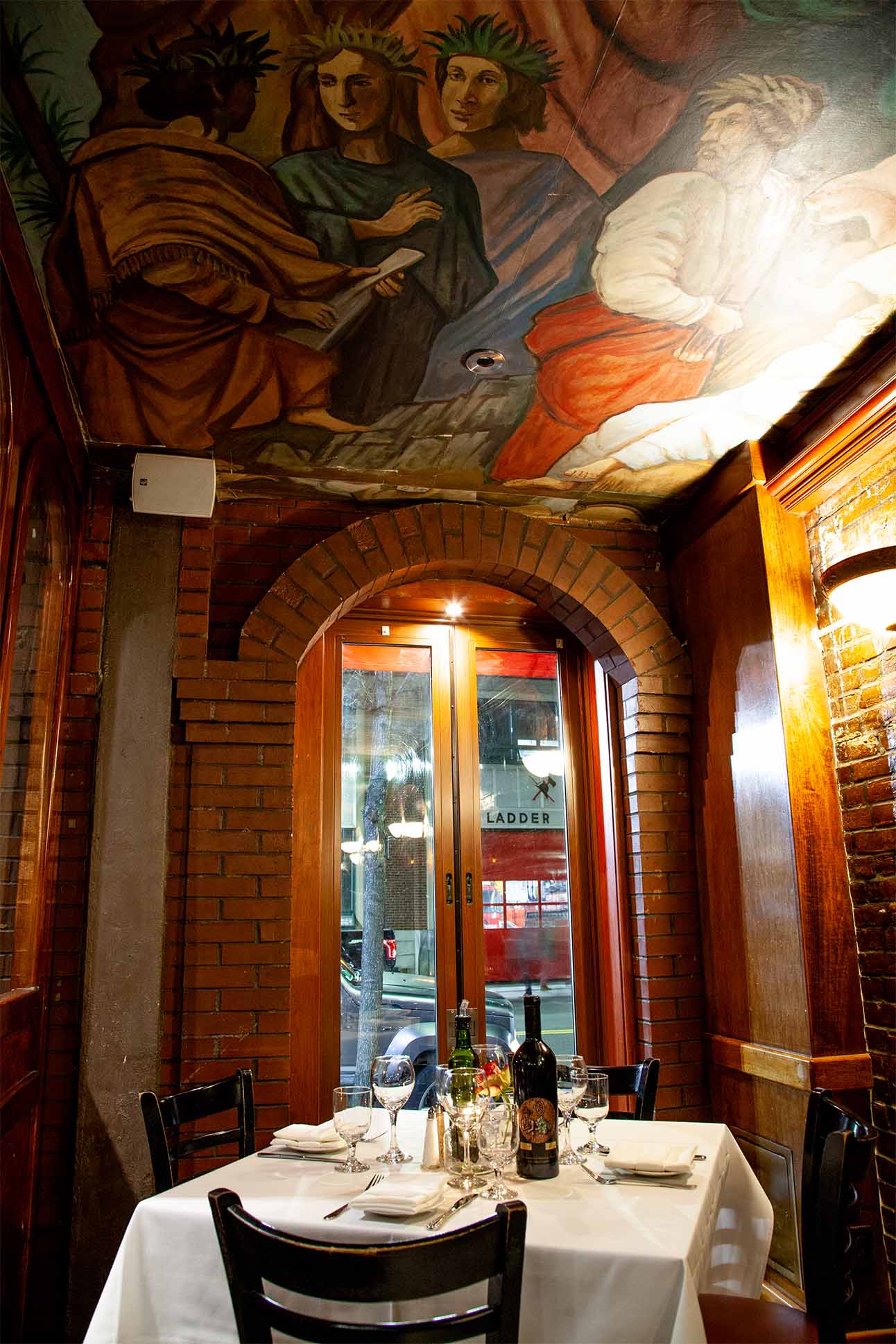
In Chinatown, Eldo Cake House’s green awning invites you into a small, unpretentious bakery that has been serving savory and sweet Chinese pastries for more than 30 years. Its cases feature desserts like lotus paste with preserved eggs, steam buns, chicken pie, roast pork turnover, egg tart, coconut tart, assorted cakes, and even apple pie. Here, where three pastries can cost $5 or less, you’ll find a community built through affordability; regulars of all ages and backgrounds visit Eldo.
At Highland Creole Cuisine in Somerville, a no-frills Haitian restaurant opened in 1993, staff proudly speak Kreyol and its Sunday special of soup joumou is a history lesson in food form. Typically eaten in celebration of Haitian Independence Day (January 1, 1804), the squash soup includes ingredients that enslaved Haitians were banished from consuming. Abundant with various root vegetables, meat, and noodles, joumou is the country’s freedom soup. In many respects, serving it to the masses on a weekly basis represents the freedom to break tradition and create new norms with new neighbors in a new country.
The hyphenated American, or immigrant, experience is one of multiple consciousnesses: knowing where you came from, where you’ve landed, and where you hope to go. Home is wherever you are, and your tribe are those who honor what you bring to the table, no matter what language you speak. You seek opportunity in hopes of being accepted for who you are and where you’ve come from, and in turn, aim to cultivate the same feeling for others.
Twenty-seven years later, the menu at Asmara Restaurant is as I remembered it, exclusively featuring an Eritrean spread of poultry, lamb, beef, seafood, vegetables, and house salads using 27 spices and ingredients, including berbere, a spice mixture that is a common ingredient in many Ethiopian and Eritrean dishes. The art on the walls portray scenes straight from Asmara: a blown-up photograph of Kombishtato, also known as Independence Avenue, and vibrant Eritrean paintings on animal-hide canvases portraying women weaving mosobs, making injera, and of course, eating communally. “We have great people that come here that are excited, happy, willing, and open,” says Saba Afeworki, manager of operations at Asmara Restaurant. “Everybody’s family. Even if you’re not blood-related. This is a safe space. No one’s here to judge you.”

